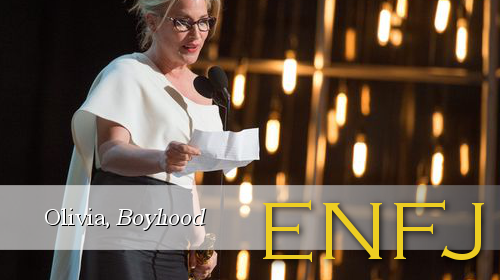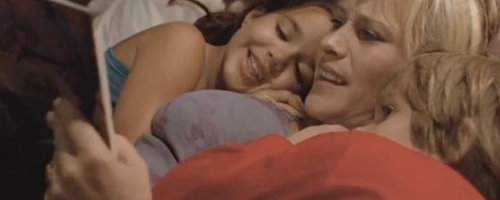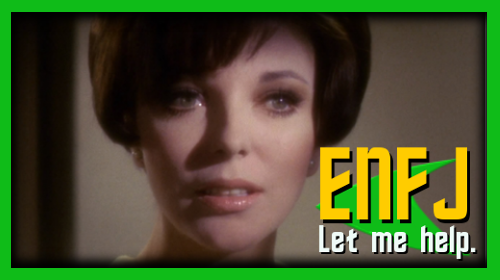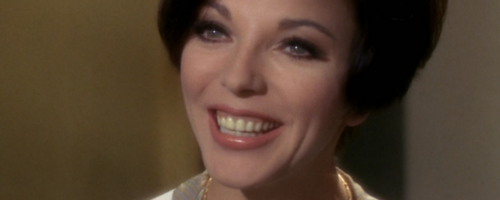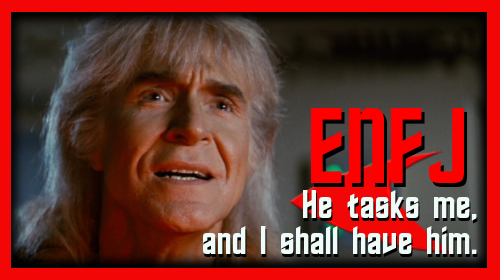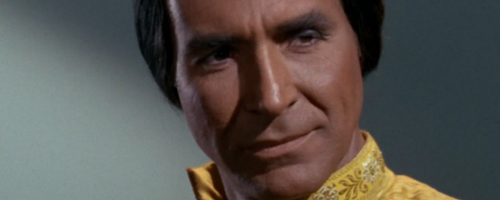Best Supporting Actress of 2014, Patricia Arquette
ENFJ, the Giver, the Mentor, the Believer
Boyhood skips ahead a year at a time for 12 years, and though Olivia is a constant presence in her son’s life, he’s kind of aloof to her.
What we see of her, a few minutes at a time once a year for twelve years, raises more questions than it answers. She’s obviously trying really hard to raise her kids right and provide for them while pulling her own life together. Patricia Arquette communicates deep feeling in every moment she has on screen, but we don’t always get to see what she’s thinking.
It makes me think about how we’re all the supporting characters in other peoples’ lives, and how they might type us if they only have the handful of interactions with us to go by. I think that whatever type Olivia is, she’s caught in an Extraverted loop, but from there I think you could theorize two or three different personality types. I might not have this typing right, is what I’m saying.
But here’s my best guess for Olivia.
Dominant Function: Extraverted Feeling (Fe), “Relate to the Experience”
Olivia very much wants to do some good in the world. She sacrifices her comfort and freedom in order to raise her children, Samantha and Mason, and to make sure they have a future. She argues with them a lot, but it’s mostly to wrangle their misbehavior and guide them to being better people.
Olivia pursues a psychology degree, and her empathy for others is evident. She encourages a construction worker who’s doing repairs on her house, and he re-appears years later to thank her for inspiring him to go to college. Once she finishes her degree, she becomes a professor, teaching eager young minds and apparently becoming that “cool teacher” whose house everyone goes to for parties. Continue reading
